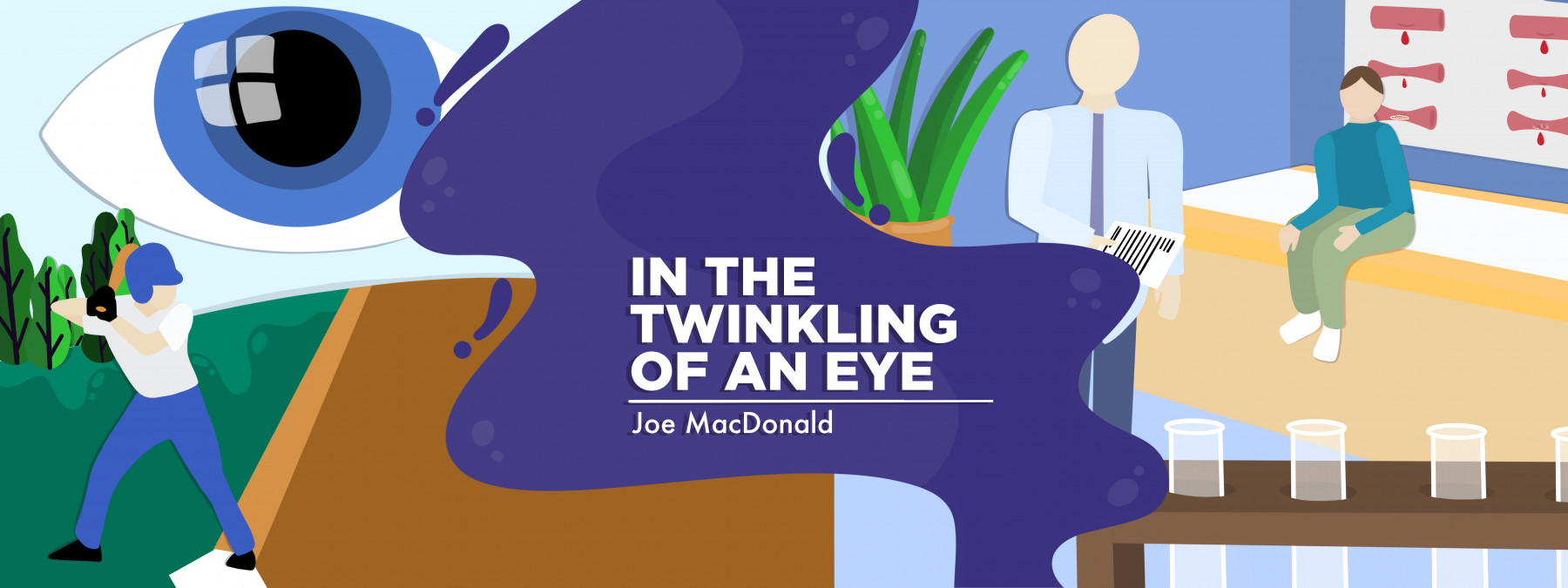Staying in contact with my son’s teachers helps him achieve his goals
It's one of the many ways I advocate for my child with hemophilia
Written by |

I turned on the light in my son Caeleb’s room and began my morning concert of songs to wake him up. My top 10 hits (including “Good Morning Starshine,” “Rise and Shine,” and “Good Morning” from “Bear in the Big Blue House”) fuel my soul with energy, though my 17-year-old son reacts differently. Although he begs me to stop immediately, I remind him that I am his alarm clock, and he cannot turn me off. I promise to stop as soon as he gets out of bed.
As I started singing, I heard him wince in pain. Along with spasms, his knee and ankle hurt so badly that he couldn’t get up. Unfortunately, this intrusion — a result of hemophilia complications — continued to be an unwelcome guest in our house.
I wondered, “How will Caeleb be able to hold down a job when he can’t get out of bed? What will his future look like?” He is a senior in high school, and his pain prevents him from participating in school dances and other activities he enjoys.
I pushed my worries aside and gave him medicine to help dull some of the pain. I remained positive and encouraged him to swallow his pills, eat his breakfast, and then, when he felt strong enough, look at his homework to stay up to date on school assignments.
Secretly, a large part of me hurt for my son. I wanted to make everything right, and I prayed, “Take this pain away from him and give it to me.” I knew my wish wouldn’t be granted, though, as this was my son’s cross to bear.
Putting on my advocacy hat
One thing I could do for him was to send a note to his teachers. Over the years, I’ve learned that the more I advocate and connect with his educational team, the better they can help my child. I sat at my computer and crafted the following email to his teachers and high school counselor:
Good morning,
I hope this email finds you well. I am writing to update you on Caeleb’s continued absences. First, I appreciate you for working with him as he navigates the very choppy waters of chronic pain. We had a respite early last week, but he cannot catch a break. Every day, I hope to get him out of bed so he can at least use a wheelchair at school, but unfortunately, the fierce pain he feels is accompanied by continuous bouts of spasms, which make it challenging to sit through class.
Today, we will visit our hematologist, his primary care specialist, to evaluate our current treatment plan. We hope we will discover some regimen to relieve him so he maintains a higher quality of life.
I cannot expect my son’s educational support system to be fully aware of the day-to-day struggles he faces due to complications related to his bleeding disorder. I have to educate the educators.
The email I sent to his teachers includes them as part of his community. I offered information that gave them a more complete understanding of what my boy goes through during strenuous bouts of pain. I invite the school faculty into the story so they know why he is often absent.
With knowledge comes power, and with strength comes compassion and understanding. My son has yet to have a teacher who had a child with a bleeding disorder. It is my duty to be a valuable source of information. I put on my advocacy hat and provide as much insight as possible. The responses I get are positive and affirm the faculty’s commitment to working with my boy to give him the best education possible.
When my son cannot get out of bed due to awful pain, I don’t panic as much as I did in the past. I know his teachers have promised to help him as soon as he gets back on his feet. As a father, I feel relief as I focus on the most important thing: getting my son back to good health.
A simple email goes a long way and offers an invitation into the issues we face as we journey through the hemophilia world.
Note: Hemophilia News Today is strictly a news and information website about the disease. It does not provide medical advice, diagnosis, or treatment. This content is not intended to be a substitute for professional medical advice, diagnosis, or treatment. Always seek the advice of your physician or another qualified health provider with any questions you may have regarding a medical condition. Never disregard professional medical advice or delay in seeking it because of something you have read on this website. The opinions expressed in this column are not those of Hemophilia News Today or its parent company, Bionews, and are intended to spark discussion about issues pertaining to hemophilia.




Leave a comment
Fill in the required fields to post. Your email address will not be published.